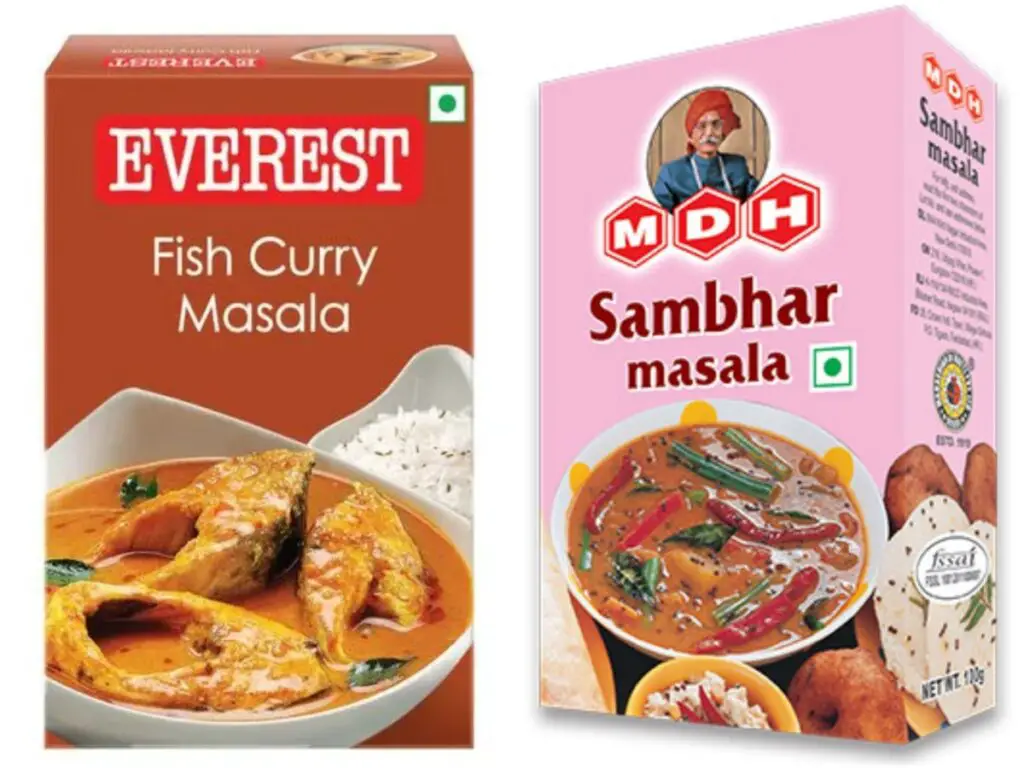In light of recent bans on Indian spice brands MDH and Everest in Hong Kong and Singapore due to the presence of a carcinogenic chemical, India has initiated inquiries with the food safety regulators of these countries. The Commerce Ministry has directed Indian embassies in Singapore and Hong Kong to provide detailed reports on the matter and has requested information from the Indian companies involved. This move comes after ethylene oxide, a cancer-causing pesticide, was found in the products beyond permissible limits.
Seeking Clarifications
The Commerce Ministry official stated that details have been requested from the companies involved, including the root cause of rejection and corrective actions taken by the exporters. Technical details, analytical reports, and information on rejected consignments have been sought from the embassies in Singapore and Hong Kong. Additionally, details have been requested from the Singapore Food Agency, Centre for Food Safety, and Food and Environmental Hygiene Department in Hong Kong. An industry consultation is scheduled to address mandatory testing of ethylene oxide in spice shipments to these countries.
Regulatory Response
Following the bans imposed by Singapore and Hong Kong, India’s food safety regulator, FSSAI, has begun testing samples of spices from all brands across the country. This initiative aims to address quality concerns raised by the two countries regarding Indian spice products, particularly those from MDH and Everest brands. Notably, Singapore recalled the Fish Curry Masala from Everest brand last week due to excessive levels of ethylene oxide, a known carcinogen.
Industry Impact
The bans on Indian spice products highlight the importance of quality control in the spice industry, considering that India is the world’s largest producer, consumer, and exporter of spices. In the fiscal year 2022-23, the country exported spices valued at almost Rs 32,000 crore, with major exports including chilli, cumin, spice oil, turmeric, curry powder, and cardamom. These recent developments underscore the need for stringent regulations and testing protocols to ensure the safety and quality of Indian spices in the global market.
(With inputs from agencies)

